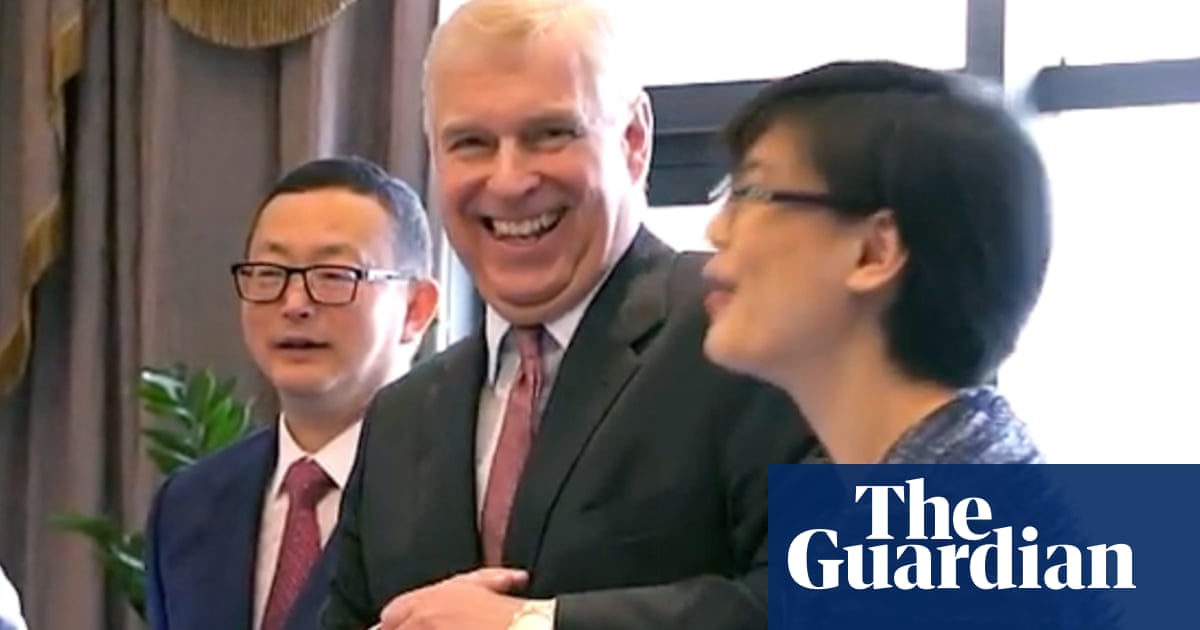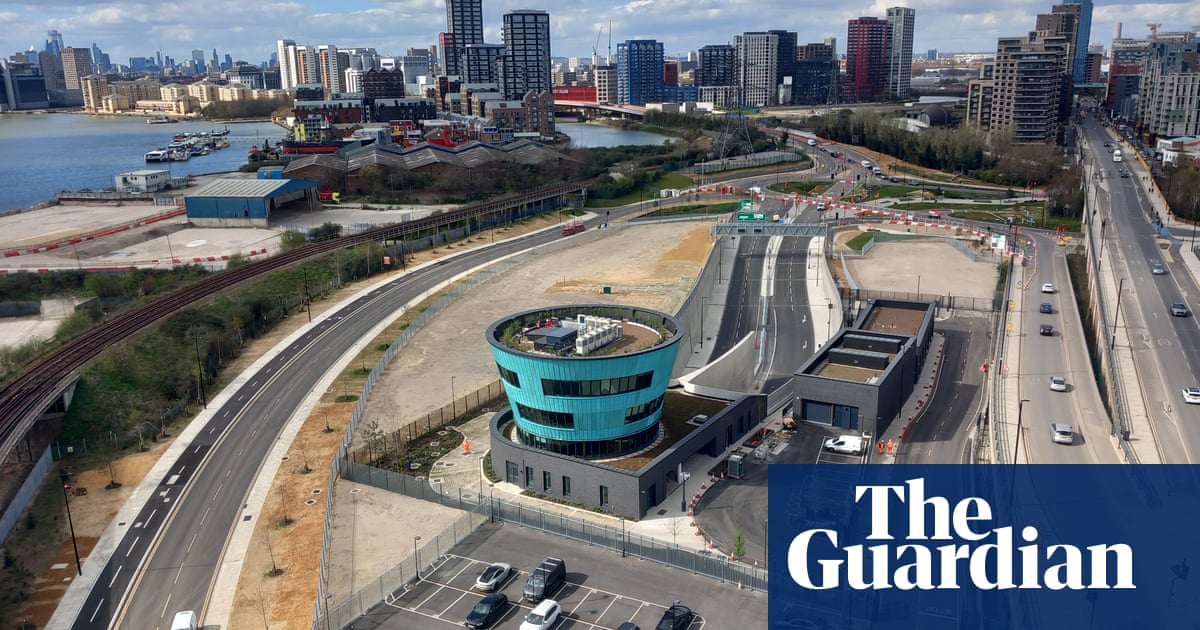South Korea’s suspended president, Yoon Suk Yeol, has been removed from office after the country’s constitutional court voted unanimously to uphold parliament’s decision to impeach him over his ill-fated declaration of martial law in December.
After weeks of deliberations and growing concerns about the future of South Korea’s democracy, all eight justices voted to strip Yoon of his presidential powers.
The ruling means that the acting president, Han Duck-soo, will remain in office until South Koreans elect a new leader within 60 days.
Han vowed to ensure “there are no gaps in national security and diplomacy” and to maintain public safety and order until the vote.
“Respecting the will of our sovereign people, I will do my utmost to manage the next presidential election in accordance with the constitution and the law, ensuring a smooth transition to the next administration,” he said in a televised address.
While anti-Yoon protesters celebrated the court’s decision – many of them in tears – media reports said some of his supporters had starting damaging police vehicles near the court building.

In the court ruling, broadcast live, the acting chief justice, Moon Hyung-bae, said the decision had been unanimous. “We hereby pronounce the following ruling, with the unanimous agreement of all Justices.“(We) dismiss respondent President Yoon Suk Yeol.”
As crowds outside hung onto his every word, Moon said Yoon had violated his duty as president by taking actions that were beyond the powers granted to him under the constitution. Yoon’s actions, he added, had constituted a serious challenge to democracy.
“(Yoon) committed a grave betrayal of the trust of the people, who are the sovereign members of the democratic republic,” Moon said, adding by declaring martial law, Yoon had created chaos in all areas of society, the economy and foreign policy.
Moon said: “The defendant not only declared martial law, but also violated the constitution and laws by mobilizing military and police forces to obstruct the exercise of legislative authority. Ultimately, the declaration of martial law in this case violated the substantive requirements for emergency martial law.
“Given the grave negative impact on constitutional order and the significant ripple effects of the defendant’s violations, we find that the benefits of upholding the constitution by removing the defendant from office far outweigh the national losses from the removal of a president.”
Yoon, who was not in court for the ruling, cannot appeal and must now turn his attention to a separate criminal trial – linked to his martial law declaration – on charges of insurrection.
His ruling party said it “solemnly accepts” the constitutional court’s decision. “It is regrettable, but the People Power party solemnly accepts and humbly respects the constitutional court’s decision,” lawmaker Kwon Young-se said. “We extend our sincere apologies to the people.”
One of Yoon’s lawyers, Yoon Kap-keun, remained defiant, however, describing the judgement as “completely incomprehensible” and a “purely political decision”.
The long-awaited decision on Yoon’s late-night order to impose martial law in early December has exposed deep divisions in South Korean society and alarmed the US and other allies.
His opponents and supporters have held large rallies in recent days, although an unprecedented police presence meant protesters were unable to access the immediate vicinity of the court building on Friday. Reports said that 14,000 police officers had been deployed in the capital in anticipation of possible violence, irrespective of which way the court ruled.
Yoon’s supporters and lawyers argued that the impeachment proceedings were illegal and that he should be immediately returned to office, three years after the conservative populist was voted to lead Asia’s fourth-biggest economy.
A Gallup Korea poll released last week showed 60% of South Koreans said he should be permanently removed from office. His opponents have accused the former prosecutor of abusing his presidential powers in an attempt to suspend democratic institutions and take the country back into its dark authoritarian past.
The opposition-controlled national assembly voted to impeach Yoon in mid-December, a fortnight after he imposed martial law in an attempt, he claimed, to prevent “anti-state” opposition forces with North Korean sympathies from destroying the country.
Yoon was forced to lift the edict after only six hours, however, after lawmakers defied efforts by security forces to seal off parliament and voted to reject it. Yoon has claimed he never intended to fully impose emergency military rule and has tried to downplay the chaos, pointing out that no one was killed or injured.
Yoon became the second South Korean president to be removed from office through impeachment after Park Geun-hye in 2017. If found guilty in his criminal trial, he faces life imprisonment or the death penalty, although South Korea has not carried out an execution since the late 1990s.

.png) 18 hours ago
3
18 hours ago
3













































